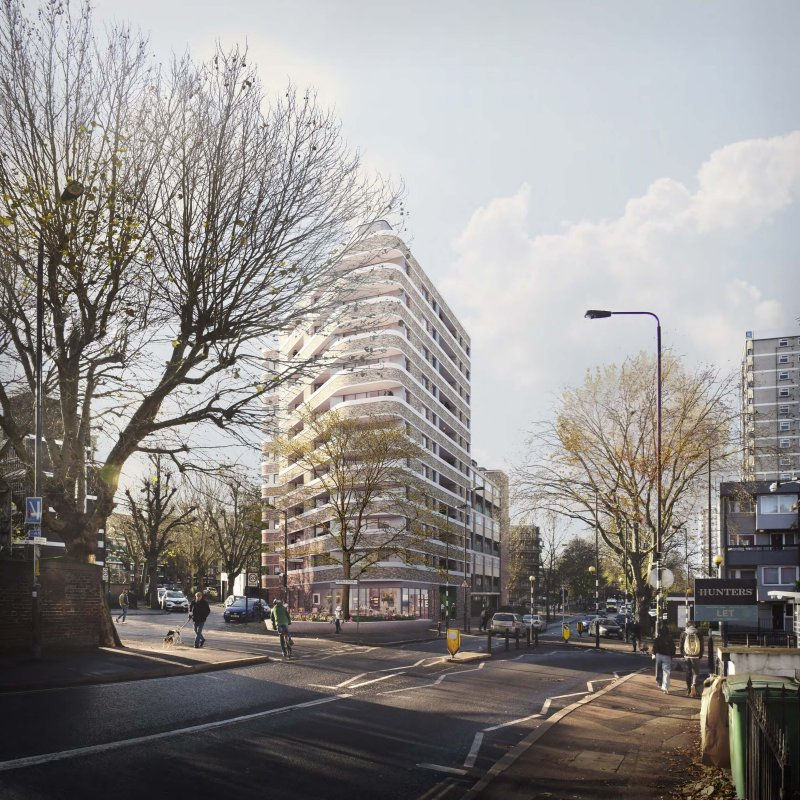REGENT LAND & DEVELOPMENTS PLANNING APPLICATION REFUSED BY SOUTHWARK COUNCIL
- PLUSHSE16

- Mar 29, 2023
- 3 min read
Regent Land and Development's planning application for a new development in Southwark has been refused by Southwark Council because they have failed to meet the requirements of Section 106 of the Town and Country Planning Act 1990. This is a significant setback for the developer, and our Landlord who hopes to move forward with the project and sale.

REFUSAL NOTICE -
'In the absence of a signed S106 legal agreement there is no mechanism in place to provide mitigation against the adverse impacts of the development through contributions and it would therefore be contrary to Policy IP3 Community Infrastructure Levy (CIL) and Section 106 Planning Obligations of the Southwark Plan 2022; Policy T9 Funding transport infrastructure through planning of the New London Plan (2021) and the Southwark Section 106 Planning Obligations and Community Infrastructure Levy SPD (2015).'
Section 106 agreements, also known as planning obligations, are legal agreements between developers and local councils. These agreements are used to mitigate the impact of development on the local community and infrastructure.
They typically require developers to contribute funds or provide infrastructure or community facilities in order to support the development.

In the case of Regent Land and Development's application, the local council found that the developer had not met the requirements of Section 106 and were made aware of this through the Eviction of PlushSE16 on 11th August 2022.
In that time Regent Land and Developments have done the bare minimum in working with Plush to develop a suitable relocation strategy, thus pushing us out of time on our Lease with our Landlord and we are still subject to eviction and displacement as a result of no regard for our community and our culture to had been included in their plans when they were looking at the birds and the bees and trees.
So specifically, the developer had not provided adequate solutions for Plush as part of the development process thus not achieving sign off. This is a common issue in the development industry, as developers often prioritize maximizing profits over meeting the needs of the local community.

The refusal of the planning application is a significant win for the local community, who have been vocal in their opposition to this development mainly because of their poor efforts to consult community and factor in where our community asset will transition to.
As a movement we have expressed concern about the impact of the development on the area, should Plush be displaced and not relocated. It is important to note that Section 106 agreements are a critical tool for ensuring that development benefits the local community.
Without these agreements, developers would have little incentive to consider the needs of the community in their development plans. As such, it is essential that local councils like Southwark continue to enforce these agreements and hold developers accountable when they fail to meet their obligations.

Overall, the refusal of Regent Land and Development's planning application is a positive development for the local community, who have been fighting to ensure that the development meets the needs of the Southwark Plan and the cross generational culture and community business we have offered for the past two decades should have been considered initially.
It is a reminder that developers must prioritize the needs of the local community in their development plans, and that local councils have an important role to play in ensuring that development benefits the community as a whole.
Read the Decision Notice:




Comments